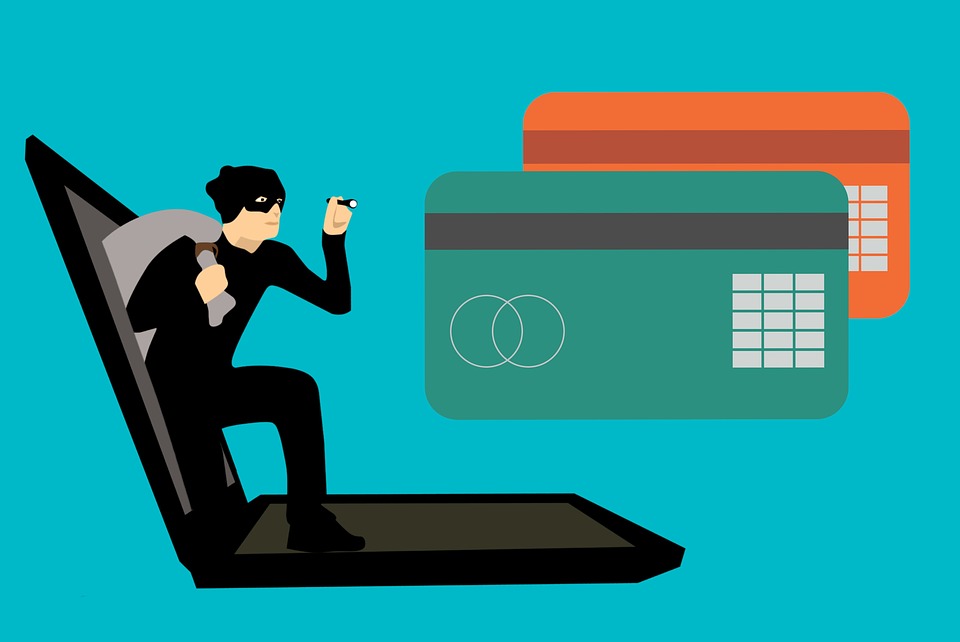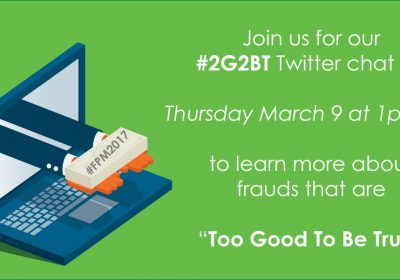
- Stats: 1757 0
- Author: Linda
- Posted: March 4, 2019
- Category: Capital One Canada, Fraud and Scams
93 per cent of Canadians are taking steps to protect against fraud and identity theft
Widespread skepticism still exists about companies’ ability to safeguard personal information
According to a recent study by Capital One Canada, the vast majority of Canadians have become more proactive in mitigating fraud and identity theft over the past year, demonstrating a significant shift in behaviour from the findings in a 2018 study by Capital One. In fact, 93 per cent of Canadians are taking measures to mitigate fraud and identity theft – a substantial increase from the 53 per cent who reported taking action in 2018.
The study commissioned ahead of Fraud Prevention Month in March also found that, while Canadians are reporting increased actions to protect themselves against fraud and identity theft, companies have a long way to go to earn the trust of consumers. The majority of respondents expressed skepticism toward the corporate safeguards currently in place by large companies to protect their personal information.
- Only 11 per cent of Canadians feel that large companies are doing enough to safeguard their personal information
- The overwhelming majority (91 per cent) don’t have a clear understanding of what large companies are doing to protect their personal information
- Only 1 in 3 Canadians (31 per cent) believe existing security measures are strong enough to prevent thieves and fraudsters from gathering personal information
The study indicates that confidence in companies’ security measures is low, but convenience and speed matter when it comes to making online purchases. In the past year, 63 per cent of Canadians have chosen to store or save their credit card information with at least one online retailer for a faster checkout experience. However, 89 per cent of respondents felt that companies could do more to safeguard personal information, and a similar number (87 per cent) felt that thieves and fraudsters will always be one step ahead of companies’ existing security measures.
“Digital interactions and engagement have become second nature today, allowing us to conduct transactions in an instant, but the risks of fraud and identity theft can be a real source of concern for many Canadians,” says Mark Snyder, VP, Decision Sciences, Capital One Canada. “Opting in to two-way communications with your financial institution is a critical step people can take to help protect themselves, but still quickly and easily conduct online and mobile transactions. For example, we offer two-way fraud alerts for customers who opt-in that allow us to text or email in real-time when we detect unusual activity, prompting a simple ‘yes’ or ‘no’ response to verify purchases.”
Additional highlights from the study include:
- Nearly 4 in 10 Canadians have either been a victim of or know someone who has been affected by fraud or identity theft
- Some of the most common ways Canadians protect themselves include: keeping their PIN private (71 per cent) using password protection on their electronic devices (48 per cent), signing up for activity alerts from their bank (39 per cent) and avoiding paper mail or signing up for paperless bills/notices (31 per cent)
- The majority (87 per cent) of Canadians feel comfortable sharing their personal contact information with banks in order to be proactively contacted
To help protect against fraud and identity theft, Capital One suggests the following:
- Understand and take advantage of your credit card’s features. Many credit cards offer liability protection against unauthorized use of your card. Several also offer opt-in fraud detection features like two-way fraud alerts and purchase notifications. If these options are available to you, take advantage of them.
- Work with your bank or card issuer to help avoid fraud. Report your lost wallet or credit card right away – many banks have measures in place to protect your account. Capital One can put a temporary block on your card until you find it or confirm you need a replacement.
- Monitor your credit score. You should know if someone tries to open a new loan account in your name or, even worse, has used your information to default on a loan. Take advantage of free credit monitoring tools like Credit Keeper™ from Capital One1. Credit Keeper provides users with weekly credit score updates to encourage frequent monitoring for suspicious activity, and offers information on open and closed accounts on your credit report. Unexpected changes to credit scores can be an early indication of fraudulent activity on one or more accounts.
- Vigilantly protect your information. Keep your credit card numbers and PINs private, and never lend them to anyone. Also, always be aware of unsolicited or unusual phone calls, text messages or emails, which may be phishing scams – fraudulent attempts to steal sensitive information. Never share your login information or passwords.
For more information on fraud protection and what to do if you’ve been targeted for fraud, visit capitalone.ca/fraudprevention.A
SOURCE Capital One Canada


